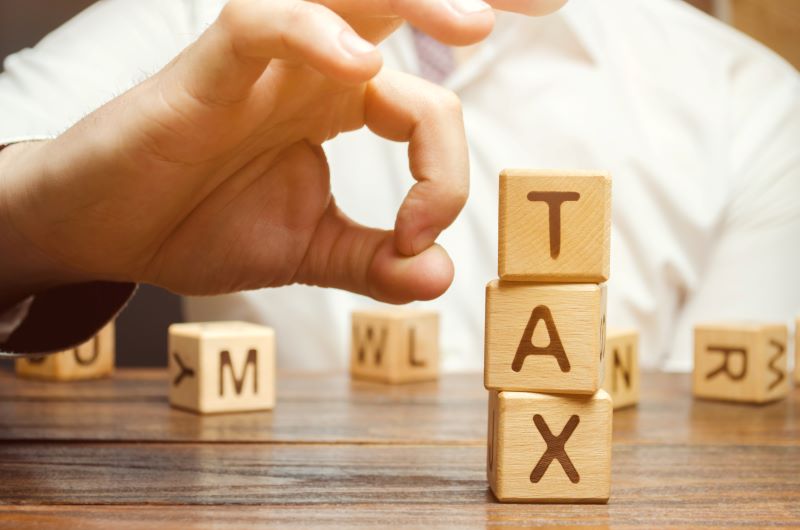HMRC umbrella company ‘checking tool’ looms for workers
Umbrella company consultation response and guidance due from HMRC, as more details come out on Tax Administration and...
READ MORE
A new study has suggested the UK could be raising an additional £20 billion a year if it were to tax all income and capital gains at the same rate as earnings.

The study, by LSE and the University of Warwick, analysed the anonymised personal tax returns of every UK resident who received more than £100,000 a year in income or capital gains and discovered that many are paying extremely low tax rates, due to the way the tax system is designed.
The findings revealed that those receiving £10 million effectively paid just a 21 per cent tax rate on average, with large variations meaning that some are paying lower tax rates than people earning £15,000.
With COVID-19 placing unprecedented demands on public spending, tax rises appear "inevitable", the report suggested.
“A key choice is between increasing taxes that affect almost everyone – VAT, National Insurance Contributions, the basic rate of income tax – versus targeting tax rises on the richest. But the rich, it is often pointed out, already pay a lot of tax: a frequently cited statistic is that the top 1 per cent pay nearly 30 per cent of all income tax. Is it fair, or even possible, to require that they pay more?" the report asked.
The research revealed that the average person with more than £2 million in taxable income had an EATR (effective average tax rate) of only 40 per cent, which for someone at £2 million represented a tax saving of £140,000.
Moreover, the average person with £10 million in taxable income and capital gains had an effective tax rate of just 21 per cent: less than the rate that would be paid by someone on median earnings of £30,000.
Effective tax rates vary considerably among the richest, meaning that one in four receiving above £100,000 are paying the headline rate on earnings of up to 47 per cent, but one in 10 people with total remuneration over £1 million are paying just 11 per cent.
The report suggested that up to £20 billion could be raised if all taxable income and gains were actually taxed at the existing headline rates applicable to earnings. It proposes an alternative minimum tax rate that would raise around £11 billion from those best able to afford it, without raising taxes on those who already pay the highest shares, and while minimising the scope for avoidance.
Dr Arun Advani, assistant professor at the University of Warwick’s Economics Department and CAGE Research Centre, said, "In the current climate, there is – rightly – a debate about how to raise tax revenues, and about what proportion should be contributed by the rich.
“It is important to realise that raising money from the rich doesn't require increasing headline tax rates. Many of the richest pay far less than the top rate. An alternative minimum tax of 35 per cent on remuneration above £100,000 would raise as much money as adding 2p to the basic rate, and be concentrated only on the rich who pay the least."
His colleague Dr Andy Summers, assistant professor at LSE’s Law Department and International Inequalities Institute (III), noted that rather than pointing the finger at individuals paying extremely low rates of tax, the UK needs to ask politicians to change the structures that allow this to happen.
“Our findings are driven by two main policies: first, similar forms of remuneration are currently taxed at very different rates; and second, a raft of generous tax reliefs are made available without taking adequate steps to check their effectiveness. The government should look again at both of these policies to raise more revenue and make the tax system fairer,” Dr Summers concluded.